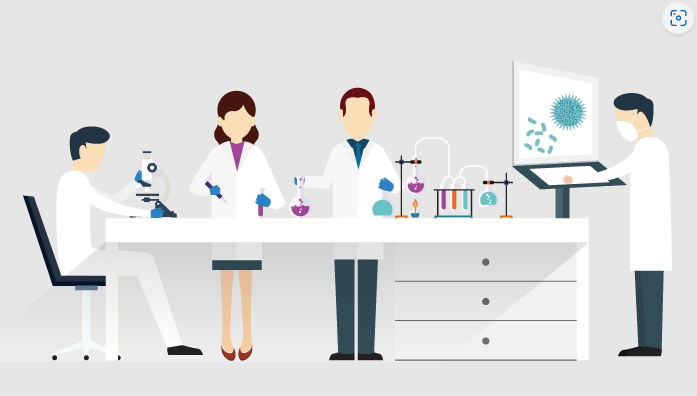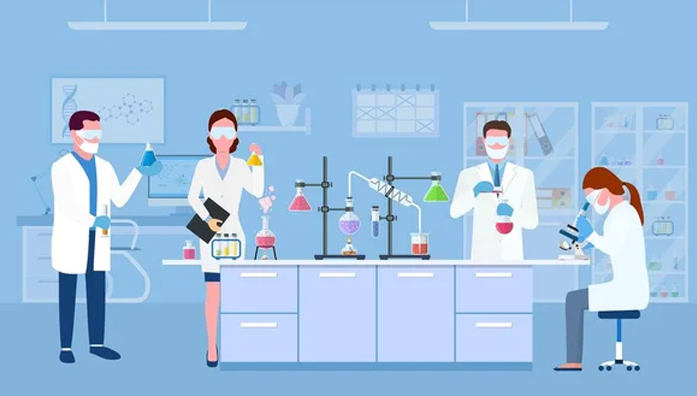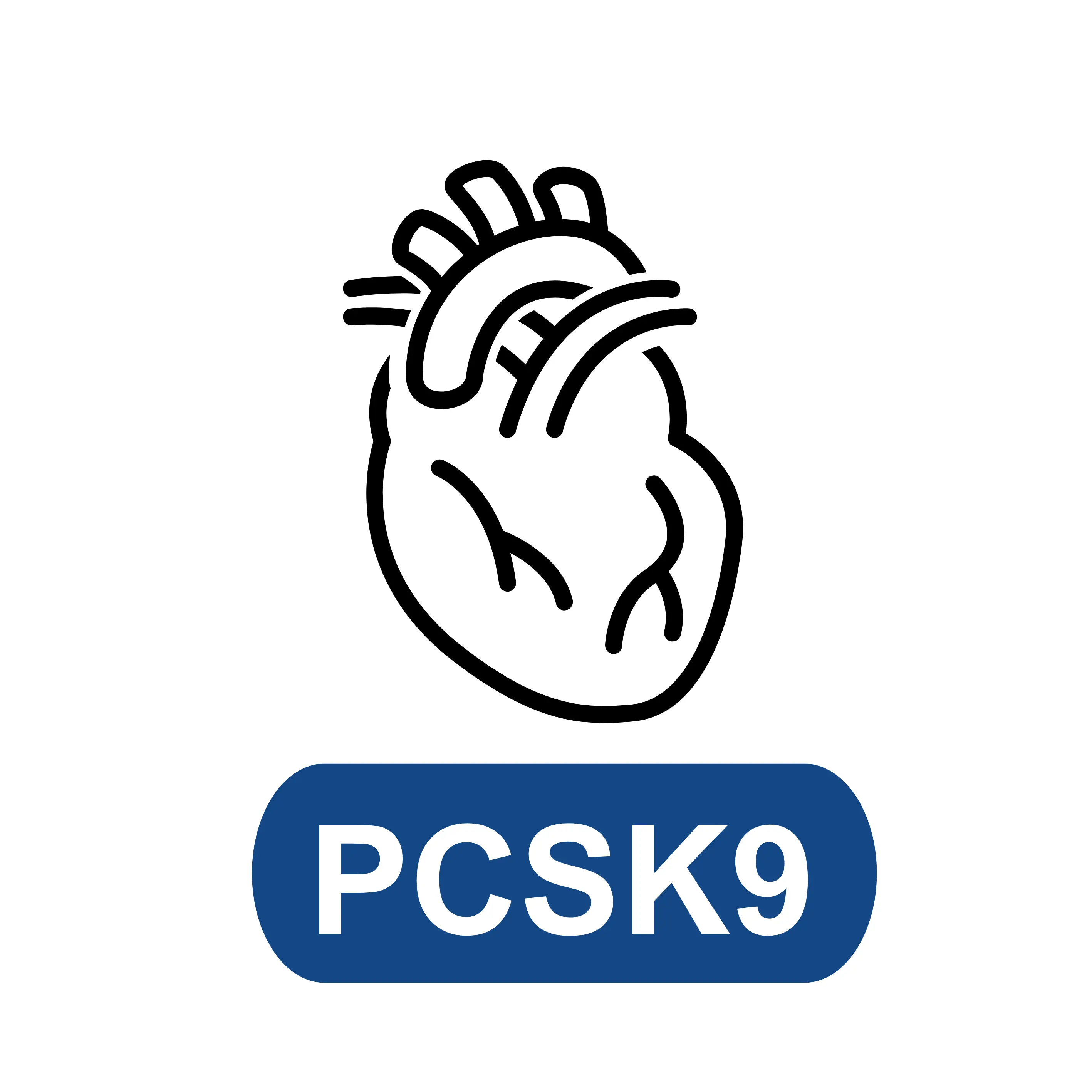China advocates for promoting the LDT products
On January 16, 2023, the National Medical Device Supervision and Management Work Conference was held in Beijing to summarize the work of the past five years, analyze the current situation, and outline the key tasks for 2023.
During the conference, the need to support regulatory innovation and industrial development in key areas was emphasized. The legal basis for registration management should be strengthened while continuing to carry out pilot self-made reagents. The aim is to maintain good order in registration management and to strengthen review and approval capacity building. Clinical trial management should also be improved, and special rectification should be continued.

In March 2021, the State Food and Drug Administration released a new version of the "Regulations on the Supervision and Administration of Medical Devices." The release of the "Regulations" officially recognized the status of LDT (laboratory-developed tests) in China.
Under official guidance and promotion, LDT pilot projects in many areas have begun to land. The Guangzhou Municipal People's Government and the Office of the Leading Group for Deepening the Reform of the Medical and Health System of Shanghai Municipality both issued notices supporting LDT pilots. The General Office of the Hangzhou Municipal People's Government also mentioned actively supporting the pilot of self-built testing methods in laboratories and allowing LDT projects to serve clinical promotion.
With the rise of personalized and precision medicine, there are increasing testing needs that IVD (in vitro diagnostic) products cannot meet in time. LDT can meet these needs but its development may erode market share of IVD enterprises. Therefore, official supervision is essential to maintain the order of registration management and strengthen the review and approval capabilities.

After the implementation of LDT, the threshold for LDT will be raised and the supervision will also be strengthened. Enterprises will need to prepare registration materials and communicate with the regulatory authorities. Once the entry threshold is established, some enterprises that do not meet the standards and have weak capabilities may be gradually eliminated.
In conclusion, domestic LDT is likely to be cooperated with official medical institutions. Therefore, the competition for LDT cooperation with public medical institutions has become a key factor in market competition.
Related Immunoassays
- Cardiac Markers
-
Tumor Marker
-
PGII
-
G17
- CA50
-
CA125
- CA242
-
CA15-3
- CA19-9
- CA72-4
-
Pepsinogens I (PGI)
-
Human Epididymis 4 (HE4)
- Prostate-Specific Antigen (PSA)
- Squamous Cell Carcinoma (SCC)
- Neuron-Specific Enolase (NSE)
- Cytokeratin 19 Fragment (CYFRA21-1)
- Human Progastrin-releasing Peptide (ProGRP Tumor Marker)
- Protein Induced by Vitamin K Absence or Antagonist-II (PIVKA II Tumor Marker)
- Alpha-fetoprotein(AFP)
-
CEA
-
Human Chitinase 3-like 1
-
PGII
- Inflammatory Marker
- Infectious Disease
- Hormones
- Thyroid Function
- Glucose Metabolism
- Bone Marker
- Others
-
Heterophilic Blocking Reagent
- Animal Diagnostics

















